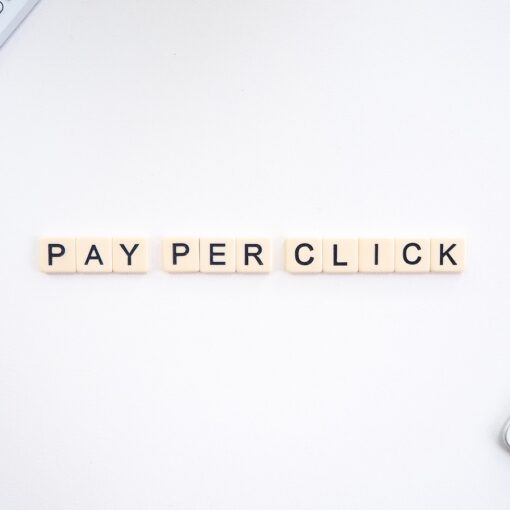 Pay Per Click, or PPC, as it is often abbreviated, is a topic that is different for various individuals. Some people use it as a means of advertising, while others use it as a tool for SEO testing reasons, and still others use it for both. We’ll talk about how to utilize it as an SEO tool in the next section.
Pay Per Click, or PPC, as it is often abbreviated, is a topic that is different for various individuals. Some people use it as a means of advertising, while others use it as a tool for SEO testing reasons, and still others use it for both. We’ll talk about how to utilize it as an SEO tool in the next section.
When you use pay-per-click marketing, you only have to pay when your ads are clicked. This offers a new way to advertise, in that it is more cost-effective for smaller businesses that don’t have the budget for other advertising methods. The drawback of this method is that the ads don’t go live on search engines until someone clicks on them, meaning they can be easily missed by potential customers.
Many companies are choosing to use pay-per-click (PPC) marketing platforms in an effort to generate buzz around their brand and product without spending too much money. The idea is that when people see your ads, they click on them, which lowers the cost for advertisers. PPC marketing can be done through Google Ads or other platforms like Bing Ads.
Since its introduction in 1998, pay-per-click (PPC) marketing has become one of the most profitable ways to advertise on the internet. Its effectiveness is due to its higher conversion rate than other forms of advertising, such as banners or email campaigns. This rate is especially high for search engine ads since these ads are shown right next to potential customers’ queries, which means there is no wasted advertising space.
If you want to invest significant resources in SEO, then launching a PPC campaign is a critical first step. Consider the following scenario: you run a website that sells or provides services related to oak furniture. You’ve settled on a budget and are ready to begin testing keyword phrases that have a high volume of traffic and strong competition. As a result, you decide to start with “wood furniture” as a natural initial option. It’s really broad, it receives a lot of monthly traffic, and it has a lot of competition, and it’s just what you’re looking for. You may want to take a peek at your conversion ratio, however, before you start partying like nobody’s watching. In the event that you have 1,000 visits to your site each day but only make 1-2 transactions on average, you are losing money! Just because a search phrase matches precisely what you’re giving does not imply that you will be able to monetize from that particular keyword phrase.
Now, before you give up all hope, let’s attempt a small prank to see what happens. Even if you have the right niche and the perfect website, Google may be working against you. It may not be your fault. If you choose “wide match,” you may be introducing a potential issue. It may seem to be a good alternative since you are appearing in versions of your listings, leading you to believe that you are working smarter rather than harder, but this is not the case. Because you’re paying for listings in non-targeted keyword phrases as well, your results aren’t accurate because they aren’t only for the keyword phrase you’re targeting. Rather, they’re for a broad range of keywords. So, what can we do to make it better? Simple! The only thing you have to do is tell it to just utilize your specific search phrase. In order to do this, just enclose your sentence in brackets, such as “oak furniture” would become “[oak furniture]”.
We’re now awaiting the results of our fresh tests. After reviewing the data, we’ve discovered that we’re currently making one sale for every 100 visitors. That’s a lot better. You are finished if you are satisfied with the results; if not, just alter your keyword phrase until you discover something you are satisfied with. It’s possible that you’ll come across multiple sentences that convert well for you, and you’ll be able to utilize them all! However, after you get started, you’ll see that it’s more of a waiting game than anything else and is really not that difficult to understand. Wishing you the best of luck!

Kevin Collier is a seasoned writer and technology enthusiast with a passion for exploring the latest industry trends. With a background in digital marketing and content creation, he brings insightful perspectives to imhits.com on emerging technologies, innovations, and their impact on everyday life. When he’s not writing, Kevin enjoys experimenting with new gadgets and sharing his knowledge with fellow tech aficionados.





